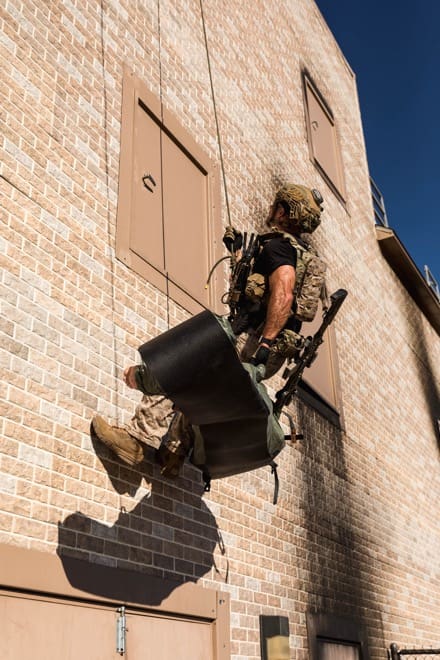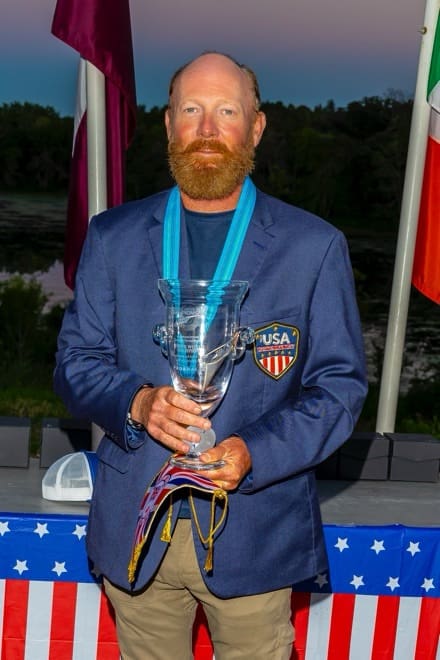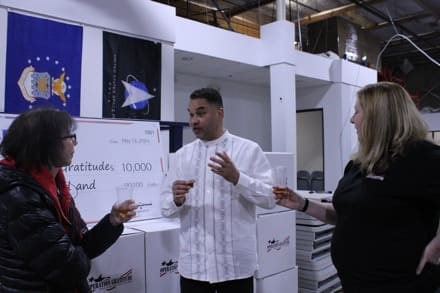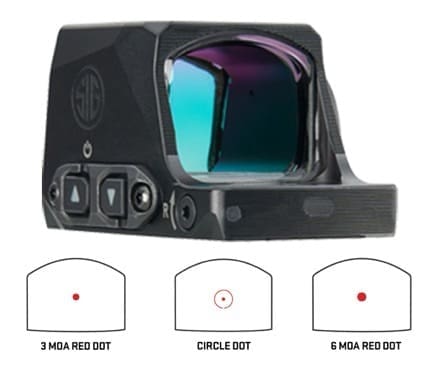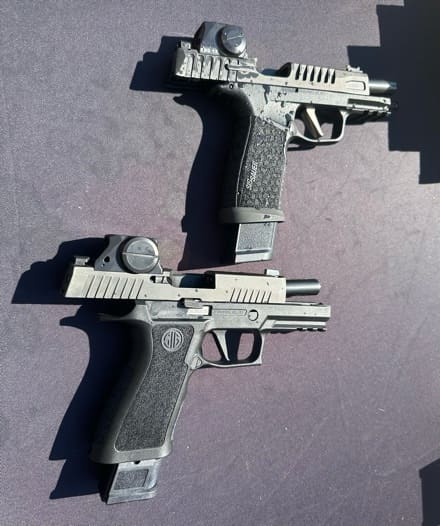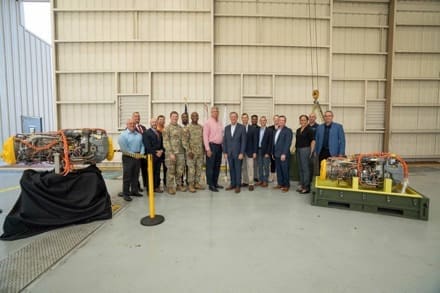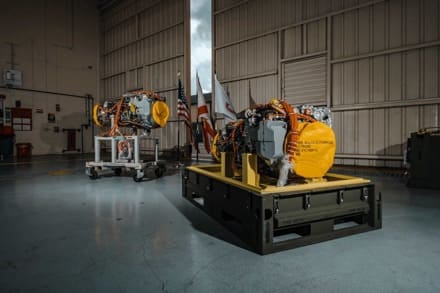
FORT DRUM, N.Y. — Soldiers from the New York National Guard’s 27th Infantry Brigade Combat Team traveled to Fort Drum, New York, June 24-28, 2024, to get hands-on with new technologies designed to mitigate the risk to Soldiers on the battlefield.
The Soldier borne sensor unmanned aerial vehicle and lightweight laser designator rangefinder systems were recently fielded to various units across the brigade, with Soldiers receiving both classroom and practical instructions on the operation of the two new tools in their arsenal.
The Soldier borne sensor, or SBS, “is portable and lightweight, increasing the effectiveness of our operations,” said Staff Sgt. Andy Huang, a combat engineer with the 152nd Brigade Engineer Battalion, and native of Brooklyn, New York. “It’s designed to, instead of using us to do surveillance, it can do surveillance and reconnaissance and search for enemy fighting positions or friendly forces.”


The SBS is designed to mitigate the risk to Soldiers by having the miniature drone complete dangerous work Soldiers would typically perform on their own. Its small size, only measuring a few inches, and low-noise capabilities make it nearly undetectable by enemy forces.
“It’s small and lightweight, and with how high it can go, you can’t really hear it,” Huang said. “So, you can recon a lot of stuff, and the bad guys can’t see it.”
The second system fielded and trained on during the week was the lightweight laser designator rangefinder, or LLDR, a crew-served, Soldier-portable, long-range target locator and laser designation system. The LLDR provides Soldiers on the battlefield with highly accurate target location information while using the laser designator to call for fire using precision, near-precision and area munitions.
“The LLDR allows you to basically have another person see what you’re doing or what you’re looking at without the (Soldier) having to move,” said Spc. Jeffrey Anicet, a joint fire support specialist with 1st Battalion, 258th Field Artillery Regiment, and native of Middletown, New York. “For us, for the observers, it makes it easier for us to target rounds, especially with mortars. Then, when working with aircraft on guided ordinance, we’re able to precision drop along those coordinates exactly where we want them to the tenth of a meter.”
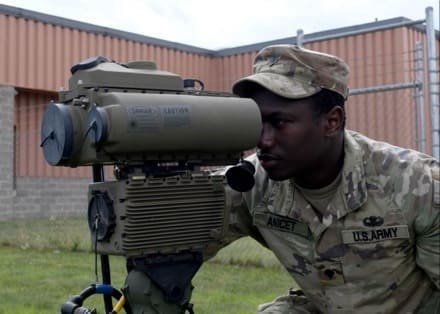
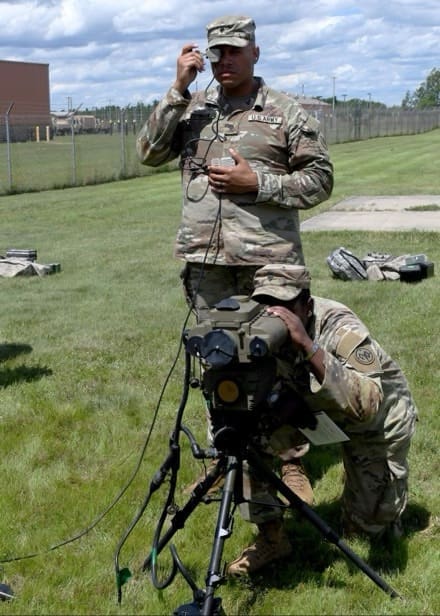

The LLDR relies on a unique assembly of advanced sensor technologies, such as thermal imaging, cameras, laser designator spot imaging, digital magnetic compass, GPS, and more, to measure everything from distance to target to the rotation of the Earth, allowing Soldiers on the battlefield to relay more precise targeting data.
“It’s definitely going to benefit everyone across the board, when we start working more with the infantry, when we’re calling in fires for them, it will be a lot easier and a lot more accurate,” Anicet said. “It will be a lot safer for everyone on the battlefield.”
Systems specialists and field service representatives from Program Executive Office Soldier led the training on both systems, providing guidance and practical expertise on the new systems. Though only a handful of Soldiers from the 27th IBCT received the training, they will bring their newfound expertise back to their units.
“This is like a train-the-trainers course,” Huang said. “We’re going to train almost everyone [in my unit] on how to use this system. So, it’s not just me who knows how to use it, everyone to the lowest ‘Joes’ would know.”
By MSG Warren W. Wright Jr., 42d Infantry Division Public Affairs


